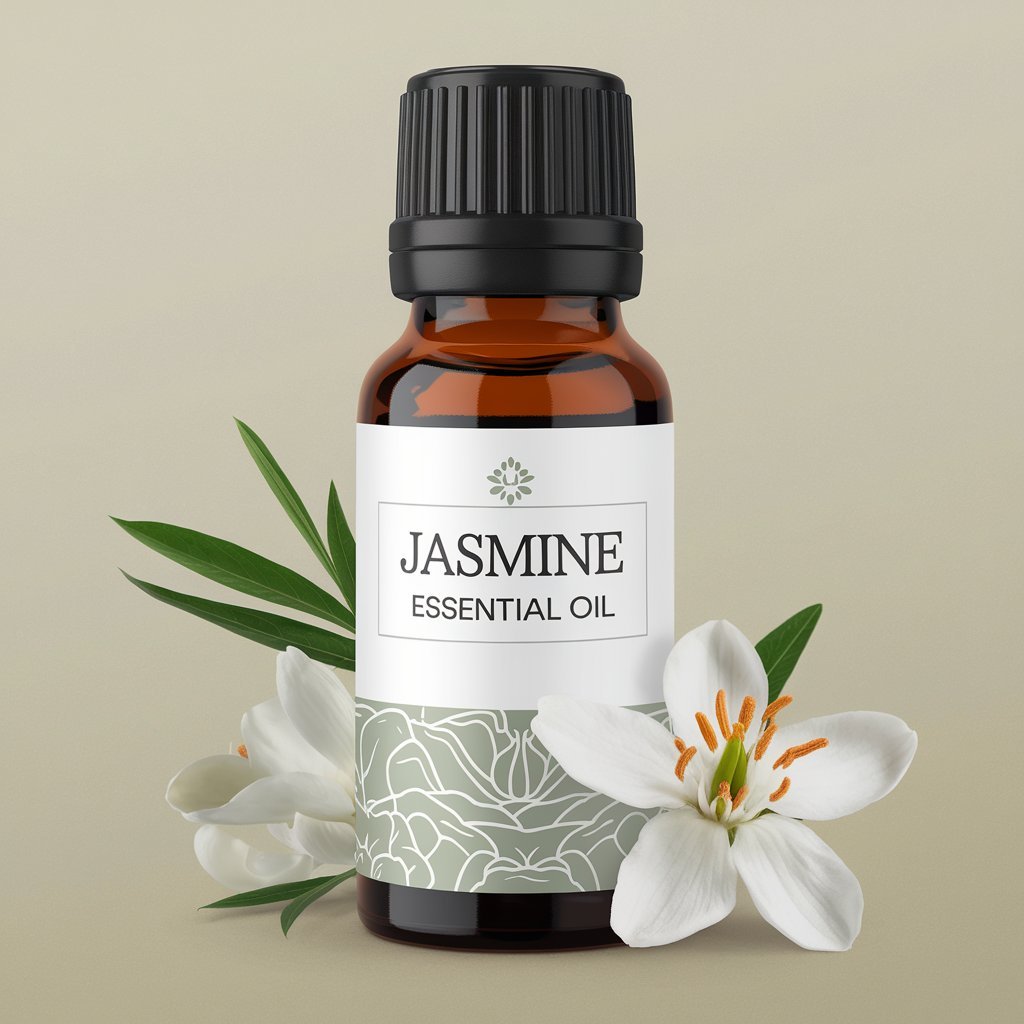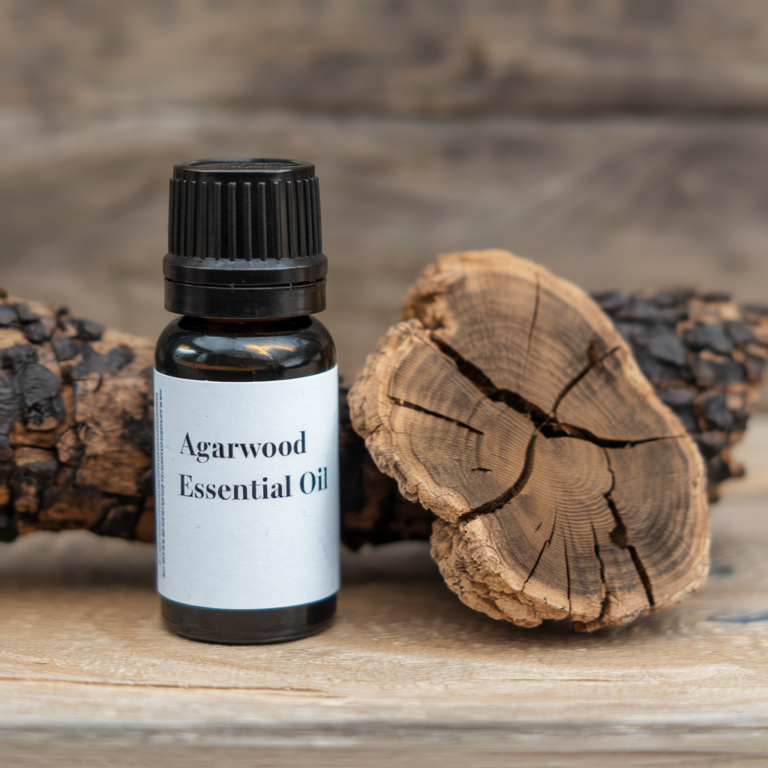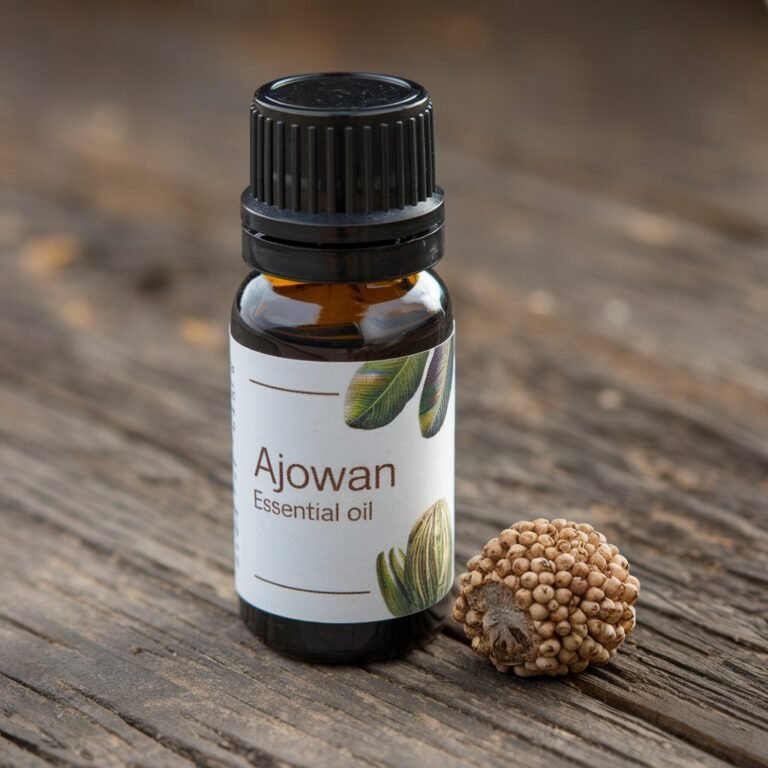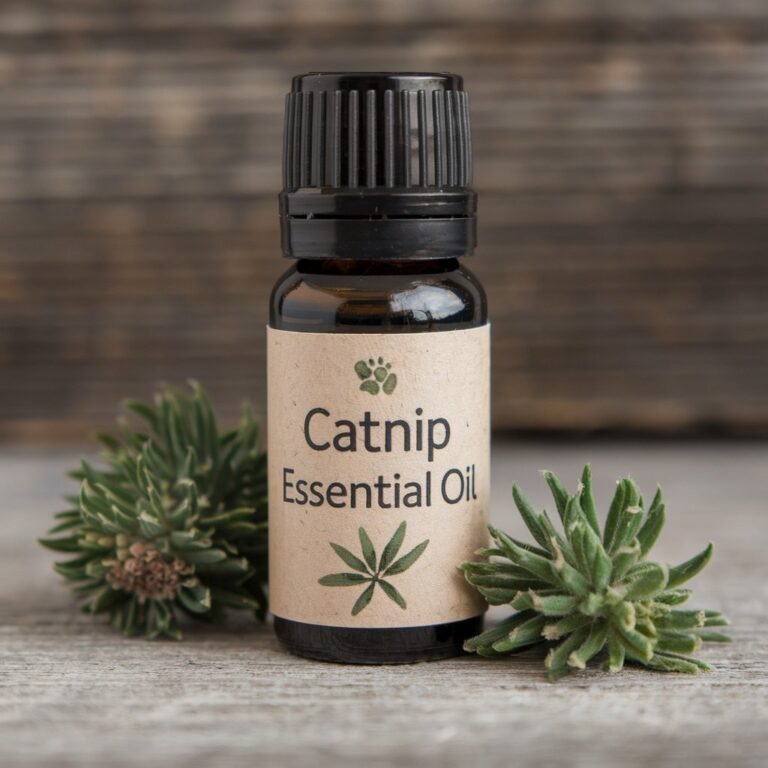Jasmine Essential Oil
Have you ever wondered about the enchanting world behind the sweet and intoxicating fragrance of jasmine essential oil? This beautiful flower's aroma can transport you to a lush, serene garden, imbued with tranquility and relaxation. But jasmine essential oil offers much more than just a captivating scent; it holds a significant place in the realm of essential oils, famed for its varied uses and benefits.
Jasmine has been celebrated for centuries for its alluring fragrance and health benefits. Traditionally, it was considered an aphrodisiac in many cultures and used in different forms of spiritual and therapeutic practices. The essential oil is extracted from the delicate white petals of Jasminum grandiflorum or Jasminum officinale through a complex process, capturing the essence of the flower itself. It is renowned for its properties in aromatherapy, skincare, and emotional healing. Its uses span across numerous spectrums such as boosting mood, soothing nerves, and even assisting in skin ailments. Let's delve into the fascinating attributes of jasmine essential oil and uncover why it holds such allure in both personal use and professional settings.
Recommended Brands:
Jasmine Essential Oil by Rocky Mountain Oils
Jasmine Organic Essential Oil by Amrita
What is Jasmine Essential Oil?
Jasmine essential oil is derived from the flowers of the jasmine plant, respected for its rich and exotic aroma. It is commonly used in perfumes, cosmetics, and therapy sessions due to its distinct and pleasant floral fragrance. Extracted through the process of solvent extraction or enfleurage, jasmine oil is known for its consistent potency and purity. The oil is famed not just for its fragrance, but for its host of therapeutic properties.
Jasmine’s therapeutic usage can be traced back to ancient texts and traditional medicine systems like Ayurveda, highlighting its role in promoting relaxation and reducing anxiety. Its aroma is often described as sweet, warm, and sensual, making it a popular choice in the formulation of perfumes and scented products.
Extraction Process
The extraction of jasmine essential oil is a delicate process that requires a large quantity of flowers, which are typically harvested in the early morning when their aroma is most potent. The process, known as enfleurage, involves soaking the blossoms in fat to absorb the fragrance, which is then separated to yield the pure essential oil. Due to the high volume of flowers required, jasmine oil is more expensive compared to other essential oils.
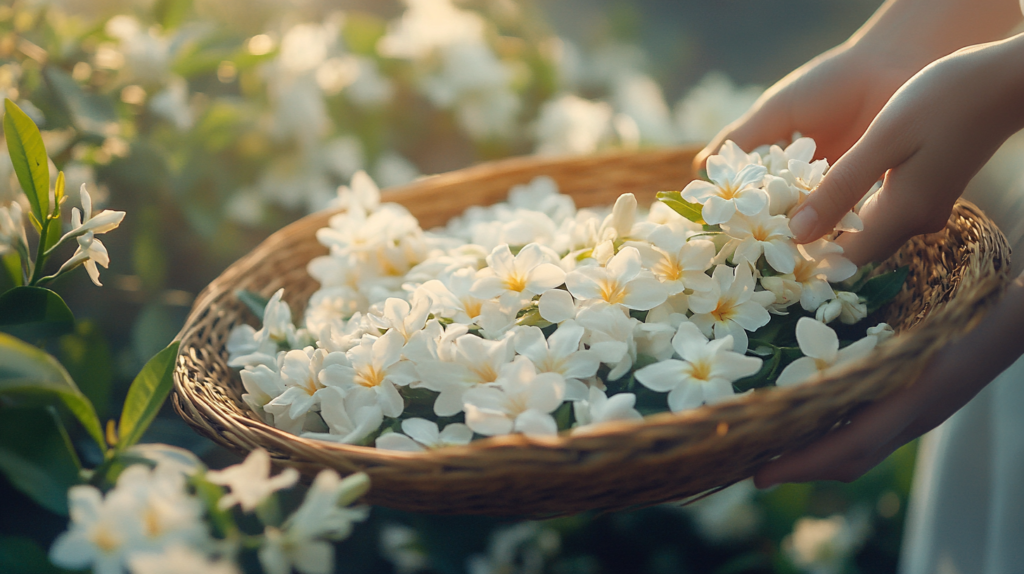
Uses of Jasmine Essential Oil
Jasmine essential oil finds its place in numerous applications, both in practical and spiritual use. Here are its most popular uses:
Aromatherapy
In aromatherapy, jasmine is known for its calming effects, helping to alleviate stress and anxiety. The oil is often diffused to create a soothing environment that promotes peace and relaxation, complementing meditation practices.
Perfumery
The exotic and alluring fragrance of jasmine makes it a favorite ingredient in high-end perfumes. Its aroma blends harmoniously with other floral, woody, and spicy notes, making it a versatile addition to countless fragrance profiles.
Skincare
Jasmine essential oil is a cherished component in skincare products for its moisturizing properties. Rich in antioxidants, it helps rejuvenate the skin, making it a popular choice for creams and lotions targeting dry or sensitive skin.
Health Benefits of Jasmine Essential Oil
Jasmine essential oil's applications extend beyond aromatic uses, presenting a multitude of health benefits:
- Mood Enhancer: Its rich, comforting scent is known to uplift the mood and induce feelings of happiness and optimism.
- Support for Emotional Health: It helps reduce symptoms of anxiety and depression by promoting relaxation and emotional wellbeing.
- Aphrodisiac Properties: Known for its sensual fragrance, jasmine oil is often used in massage and bath oils to boost intimacy and connection.
Pros and Cons of Jasmine Essential Oil
Understanding the benefits and limitations of jasmine essential oil can help you make informed decisions about its use.
| Pros | Cons |
|---|---|
| Potent mood enhancer | High cost due to extraction process |
| Beneficial for skincare | May cause allergic reactions in some |
| Versatile use in aromatherapy | Not suitable for direct application on skin |
| Known aphrodisiac qualities | Rapidly evaporates due to low viscosity |
Considerations
When using jasmine essential oil, it is important to remember it should not be applied directly to the skin without diluting it first. Those with allergies or sensitive skin should consult a healthcare provider before using the oil. Additionally, due to its potency, jasmine oil should be used sparingly in blends.
Recommended Brands:
Jasmine Essential Oil by Rocky Mountain Oils
Jasmine Organic Essential Oil by Amrita
How Jasmine Essential Oil is Made
The process of making jasmine essential oil is both labor-intensive and fascinating. It starts with the careful selection of jasmine flowers, which are harvested early in the day to capture their peak scent. The two primary methods used in extraction are solvent extraction and enfleurage. Solvent extraction involves using a chemical solvent to extract the essence from the flowers, which is then distilled to separate the oil from the solvent. Enfleurage, although less common today due to modern advancements, is a method where the flowers are placed on a layer of fat that absorbs the aromatic compounds. These methods ensure a high-quality oil, capturing the full character and complexity of the jasmine flower.
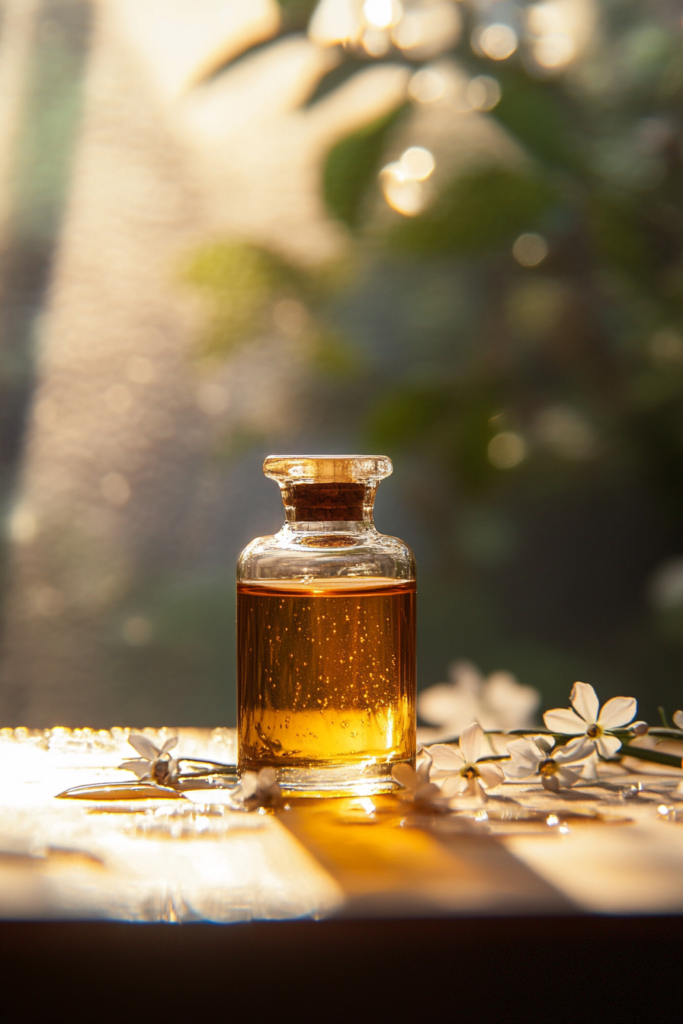
The Jasmine Plant
Jasmine plants, indigenous to tropical and subtropical regions, favor warm climates. With their graceful, climbing vines and delicate white blooms, they offer not only a magical aroma but also an aesthetic appeal. Two main species used in essential oil production are Jasminum grandiflorum and Jasminum officinale, revered for their intense and sweet-smelling flowers.
Growing Conditions
For optimal growth, jasmine requires a warm environment and well-drained soil. This versatile plant can be cultivated in pots or gardens and requires full sun exposure to thrive.

Conclusion
Jasmine essential oil is more than just a fragrant delight. Its various uses and health benefits have made it a treasured essence in the worlds of beauty, aromatherapy, and wellness. With its long history and ongoing place in our lives today, this enchanting oil continues to be a source of tranquility and allure.
Recommended Brands:

